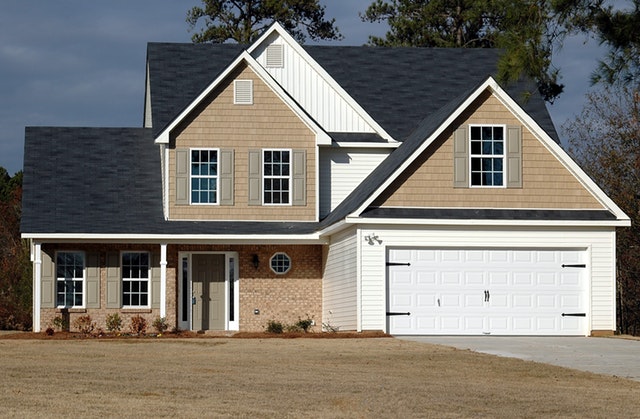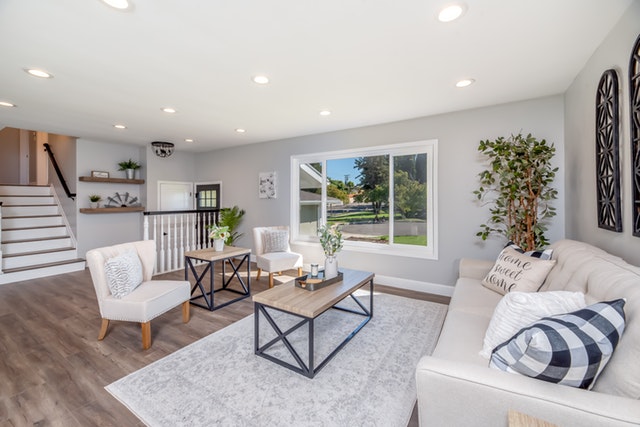 When it comes to selling a home, there is a lot to think about. While most people know that the best time to list a home is in the Spring (due to the fervor of the summer), the real estate market keeps rumbling along no matter what time of year it is.
When it comes to selling a home, there is a lot to think about. While most people know that the best time to list a home is in the Spring (due to the fervor of the summer), the real estate market keeps rumbling along no matter what time of year it is.
With this in mind, it is important to have a firm strategy in place. This comes in the form of a real estate professional. In addition to trusting the professionals, there are a few other important points to keep in mind.
Don’t Trust The Online Estimates
The internet has impacted almost every area of the economy. This includes real estate. Many homeowners love visiting sites to get an estimate of how much the home is worth. Unfortunately, these online estimates are often inaccurate.
There is not a real estate professional employed by these sites who is driving around taking estimates on homes. There is no way these sites can know what renovations have been done or what improvements have been made. These make a large difference in the overall value of a home.
Hiring A Trained Professional
Those who are looking to get the most out of their home need to hire a professional real estate agent. These agents have the training and expertise necessary to make sure a house sells for as much as possible. These agents also have access to additional selling tools that are not available to the general public.
Furthermore, a real estate agent is going to earn a commission on the sale of a house. For this reason, real estate agents have a lot of incentive to sell a home for as much as possible. It is important to trust the professionals for help.
Letting A House Sit On The Market
It is also important for people to know when to list their home and when to remove it. The longer a home sits on the market, the harder it is going to be to sell that home for what it is worth. As a home sits on the market, the excitement surrounding it is going to fade. Your agent is qualified to guide you through the process.
Call your trusted real estate professional today to see what your home is worth!
 Owning a home comes with major responsibilities and also offers major questions. One of the biggest questions that people will have to answer is whether or not they want to take out a home warranty. In order to decide whether a home warranty is worth it, it is important to first understand what a home warranty is.
Owning a home comes with major responsibilities and also offers major questions. One of the biggest questions that people will have to answer is whether or not they want to take out a home warranty. In order to decide whether a home warranty is worth it, it is important to first understand what a home warranty is. Chimneys are as old as homes themselves. Yet, when it comes to chores, cleaning the chimney is one of the most neglected tasks. While people often think about yard work and housework, they often forget to clean the chimney.
Chimneys are as old as homes themselves. Yet, when it comes to chores, cleaning the chimney is one of the most neglected tasks. While people often think about yard work and housework, they often forget to clean the chimney. Millennials are a huge socio-demographic group of over 83 million people. Many of them want to buy a home but face challenges that their parents did not necessarily have. Homes are more expensive. In most places, home prices rebounded to exceed the pre-2008 economic collapse values. Moreover, home prices continue to go up.
Millennials are a huge socio-demographic group of over 83 million people. Many of them want to buy a home but face challenges that their parents did not necessarily have. Homes are more expensive. In most places, home prices rebounded to exceed the pre-2008 economic collapse values. Moreover, home prices continue to go up. Commuting for hours in traffic on a daily basis is a waste of resources, time, and money. It is stressful and bad for the environment. The infrastructure in many parts of the United States is falling apart. The roads and highways do not have sufficient capacity to handle the demands of the traffic load that continues to increase each year. Many busy professionals and families are turning to a solution of owning two homes for the convenience of enjoying dual-location living.
Commuting for hours in traffic on a daily basis is a waste of resources, time, and money. It is stressful and bad for the environment. The infrastructure in many parts of the United States is falling apart. The roads and highways do not have sufficient capacity to handle the demands of the traffic load that continues to increase each year. Many busy professionals and families are turning to a solution of owning two homes for the convenience of enjoying dual-location living. One of the dreams that many people have is to eventually retire. People work their entire lives and save diligently to be able to enjoy those golden years. When the time finally comes, people need to think about the community that is right for them. With this goal in mind, there are a few common questions that everyone should ask to find their ideal retirement community.
One of the dreams that many people have is to eventually retire. People work their entire lives and save diligently to be able to enjoy those golden years. When the time finally comes, people need to think about the community that is right for them. With this goal in mind, there are a few common questions that everyone should ask to find their ideal retirement community.